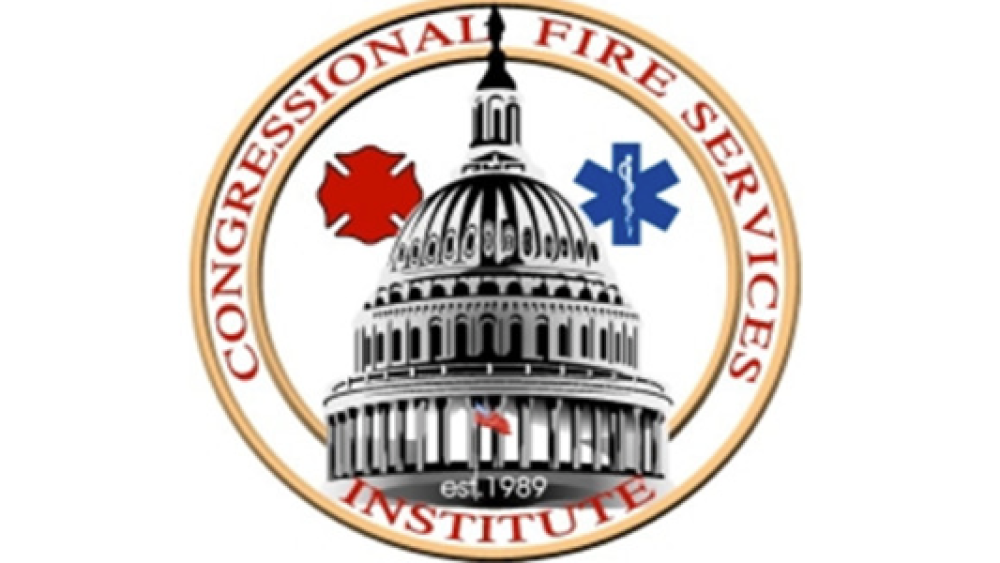The Congressional Fire Service Institute’s annual dinner and symposium is best known for its massive banquet and parade of officer holders who speak there.
But the group also puts on an excellent series of educational seminars — last week, one dealt with firefighter cancer.
It’s not surprising that this was a seminar topic. Cancer is a front-of-mind issue in firefighting, as it should be.
As columnist and research expert Sara Jahnke points out, there’s been a lot of research on the relationship between firefighting and cancer — but much more is needed.
CFSI symposium panelist Bryan Frieders, president of the Firefighters Cancer Support Network and division chief for the San Gabriel (Calif.) Fire Department, said new research findings will show a significantly high number of breast cancer cases among female firefighters. He also said new research will show wildland firefighters face a great risk of occupational cancer than was once thought.
Of course the real frontline in the war on firefighter cancer is prevention and early detection. To that end, panelist Jim Seavey, executive board member of the Maryland State Fireman’s Association, said work is underway on an electronic toolbox for those undergoing cancer treatment.
There is also a physician’s guide being built as a resource for doctors to recognize cancer in firefighters. Most firefighters, Seavey said, don’t get to see an occupational physician, rather they only see general practitioners. This guide should bridge that gap.
National Fallen Firefighters Foundation Executive Director Ron Siarnicki said there are plans to add a cancer component to the fire department vulnerability assessment tool and pull all of the digital resources into one location.
Meanwhile, the real second front in this battle is taking place in state court and legislative houses across the country. There, the fight is over whether or not certain cancers can be presumed to have been caused by firefighting.
Presumptive laws can take a variety of measures and still require the firefighter prove the cancer is job related before collecting benefits. Currently, 15 states and the District of Columbia do not have cancer presumption laws. To learn more about this, read the latest digital edition of Fire Chief.
For the most part, any new rule has unintended consequences — both positive and negative. I suspect that will be the case with presumptive cancer laws.
And one of those unintended consequences may be better cancer prevention in fire departments. Here’s how I see that working out.
Robust, meaningful presumptive laws will put municipalities and states financially on the hook when firefighters develop cancer. And when governing entities have real skin in the game, they will find religion on prevention spending.
This may not be the best analogy, but when the courts ruled that bar owners can be liable if they gave a person too much booze who later killed or hurt someone while driving, many bar owners changed their serving practices. The cost of letting someone get hammered out weighed the money made on the bar tab.
Likewise, I expect to see spending on things like comprehensive physicals, second sets of turnout gear and bunker gear washing or cleaning services to move from discretionary items to mandatory items. I also expect that policies promoting cancer prevention will be more rigorously enforced.
When employers feel the sting that curing cancer costs far more than preventing it, we all win.













